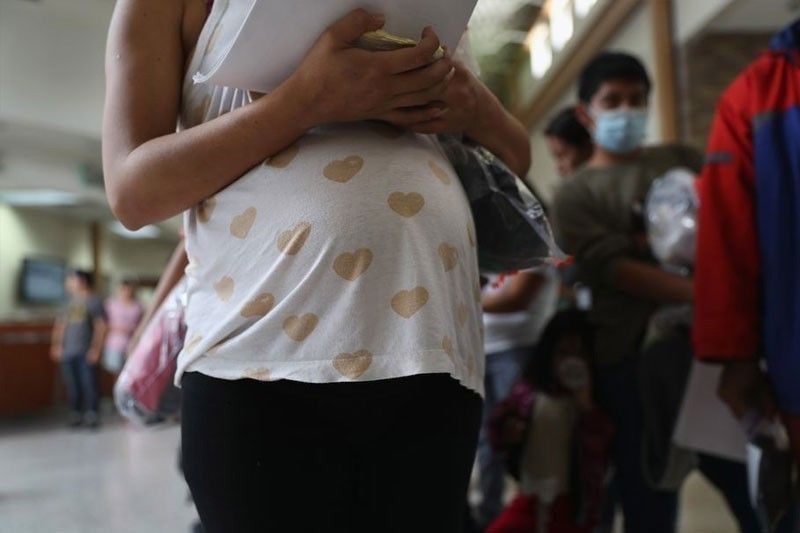‘Social media partly to blame for teenage pregnancies’

MANILA, Philippines — Too much social media exposure is partly to blame for the alarming rise in teenage pregnancies in the country, the Commission on Population (POPCOM) said yesterday.
“(Social media) is one of the factors. Exposure to pornography has been high, especially in 2021,” POPCOM Knowledge Management and Communication Division acting chief Mylin Quiray said during the Bagong Pilipinas public briefing.
Quiray cited the Young Adult Fertility and Sexuality Study in the Philippines, which found that high exposure to pornography in 2021 was exacerbated by the COVID-19 pandemic.
Local government units must implement sex education programs, particularly among the 10 to 19 age group, she advised.
The Department of Education has started integrating sexuality education in the K-10 curriculum, Quiray noted.
Government records showed teenage pregnancy on the rise among those aged 10 to 19.
Based on Philippine Statistics Authority and civil registry records, cases of teenage pregnancy nationwide jumped from over 130,000 in 2021 to 150,000 in 2022, Quiray said.
To address the problem, POPCOM is pushing for the passage of a bill on the prevention of teenage pregnancy. The proposed bill already got the approval of the House of Representatives but is still awaiting the Senate’s nod.
There are also behavioral and non-behavioral factors, she added.
“There are familial factors. Parents should be the first sexuality educators of their children,” she pointed out.
Young people commonly engage in unprotected sex, especially during their first time, Quiray said, and studies showed that their first time usually occurs at home when the parents are not around.
The Philippines tops Asian countries in terms of teenage pregnancy. This, Quiray said, should be considered a national urgent priority of the government.
- Latest
- Trending






























